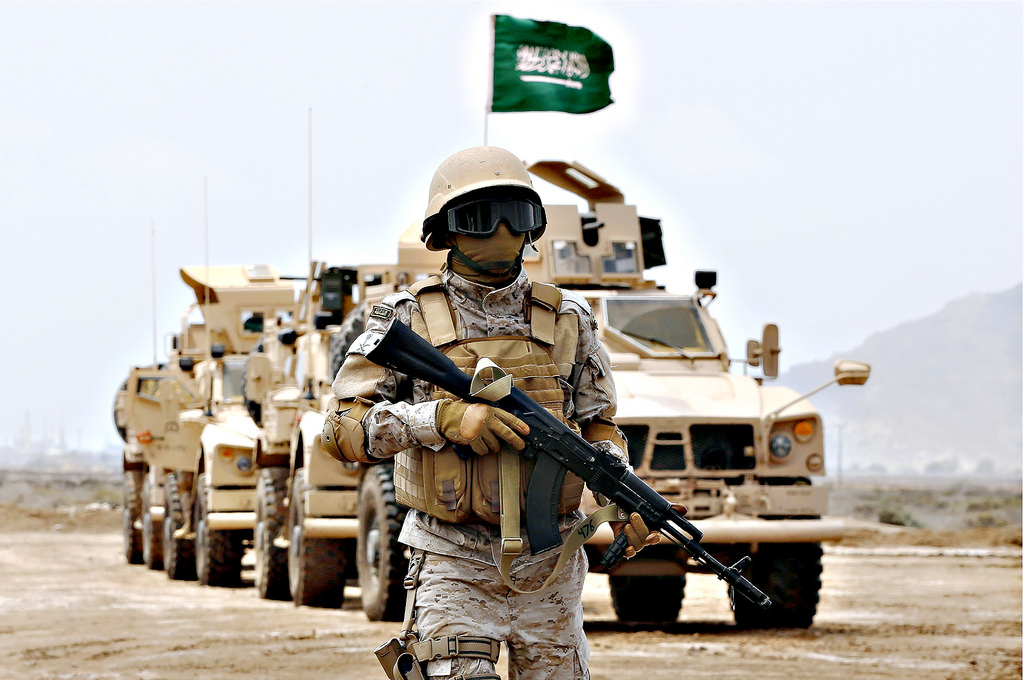
Practical information
Yemen has been shaken for several years by a war combined with an unprecedented humanitarian crisis. The 2011 “Yemenite Spring”, followed by the Houthi rebel militia’s coup of 2014 generated the conflict which took a regional dimension, entrenching the logic of the blocks: Iran’s support to Shia Houthis provoked the intervention of a Sunni-Arab coalition led by Saudi Arabia in Yemen (2015, March). The progressive internationalization of the war (US back-up to the coalition, spillover into the Horn of Africa, arms contract with European countries), undermines the prospect of conflict resolution, while the social and institutional fragmentation sets the ground for Al Qaeda and ISIS terrorism.
Between regional consequences and protracted conflict, civil war and power confrontations, what medium term consequences should be expected from the Yemeni conflict?

9h00 – 9h30 - Opening talk: Ismail Ould Cheikh Ahmed, Special Envoy of the UN in Yemen
9h45 – 11 h 15 - 1st panel: Yemen in conflict
Moderator: Elie Tenenbaum, research fellow at Ifri’s Security Studies Center, coordinator of the Defense Research Unit (LRD)
- “Military operations: the state of play”, Fatiha Dazi-Heni, Researcher, IRSEM
- “Political developments and perspectives”, Marine Poirier, Research fellow, IREMAM, Aix-en-Provence
- “The humanitarian crisis: what kind of emergency?”, Isabelle Moussard-Carlsen, regional Director of operations, Action contre la faim
11 h 15 – 11 h 30 - Coffee break
11 h 30 – 13 h 00 - 2d panel: Regional consequences of the crisis
Moderator: Dorothée Schmid, Head of the Turkey / Middle East program, Ifri
- “Towards a new regional strategic landscape”, François Frison-Roche, Researcher CNRS-CERSA, Paris
- “A boost to Islamic terrorism?”, David Rigoulet-Roze, Researcher IFAS, managing Editoro of Orients Stratégiques
- “France and the issue in Yemen”, Adrien Pinelli, Deputy-Director for the Middle-East, French Ministry of Foreign Affairs
Other events

EV Supply Chains for Japan and Europe: Strengthening Economic Security
Economic security aims to ensure the resilience of supply chains for key industries: the case of electric vehicle production in Japan and Europe will be discussed.

From Ambition to Action: Exploring Technological Partnerships with India
The 16th EU-India Summit, held on January 27th in New Delhi with European leaders António Costa, Ursula von der Leyen, and Prime Minister Narendra Modi, marks a significant milestone in deepening EU-India relations. At the same time, official bilateral visits from EU member states are on the rise, including that of the French President, who visited India in February to participate in the Artificial Intelligence Summit. As India asserts its technological ambitions and seeks to reduce its dependence on China, Europe is stepping up its efforts to diversify its strategic partnerships.






